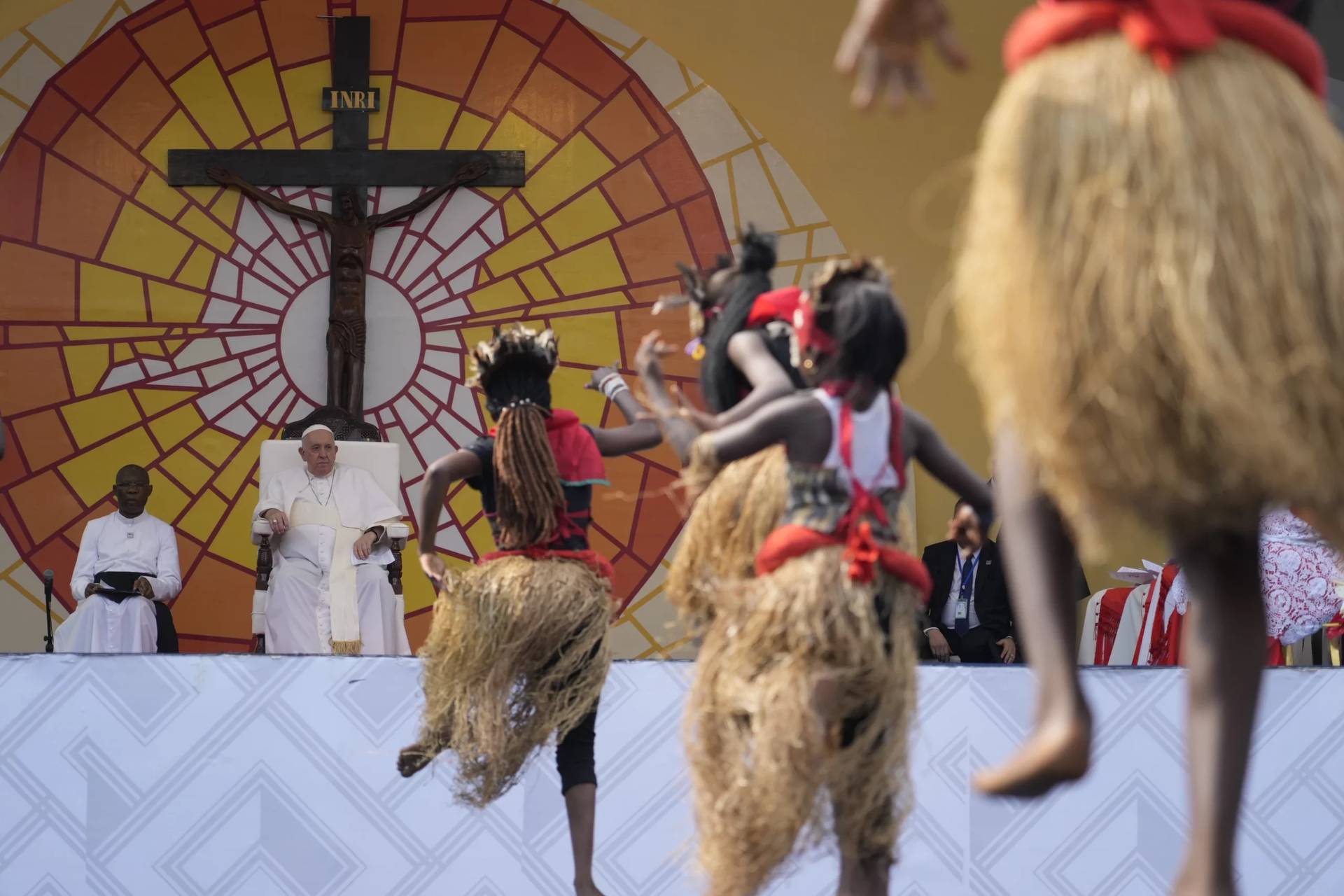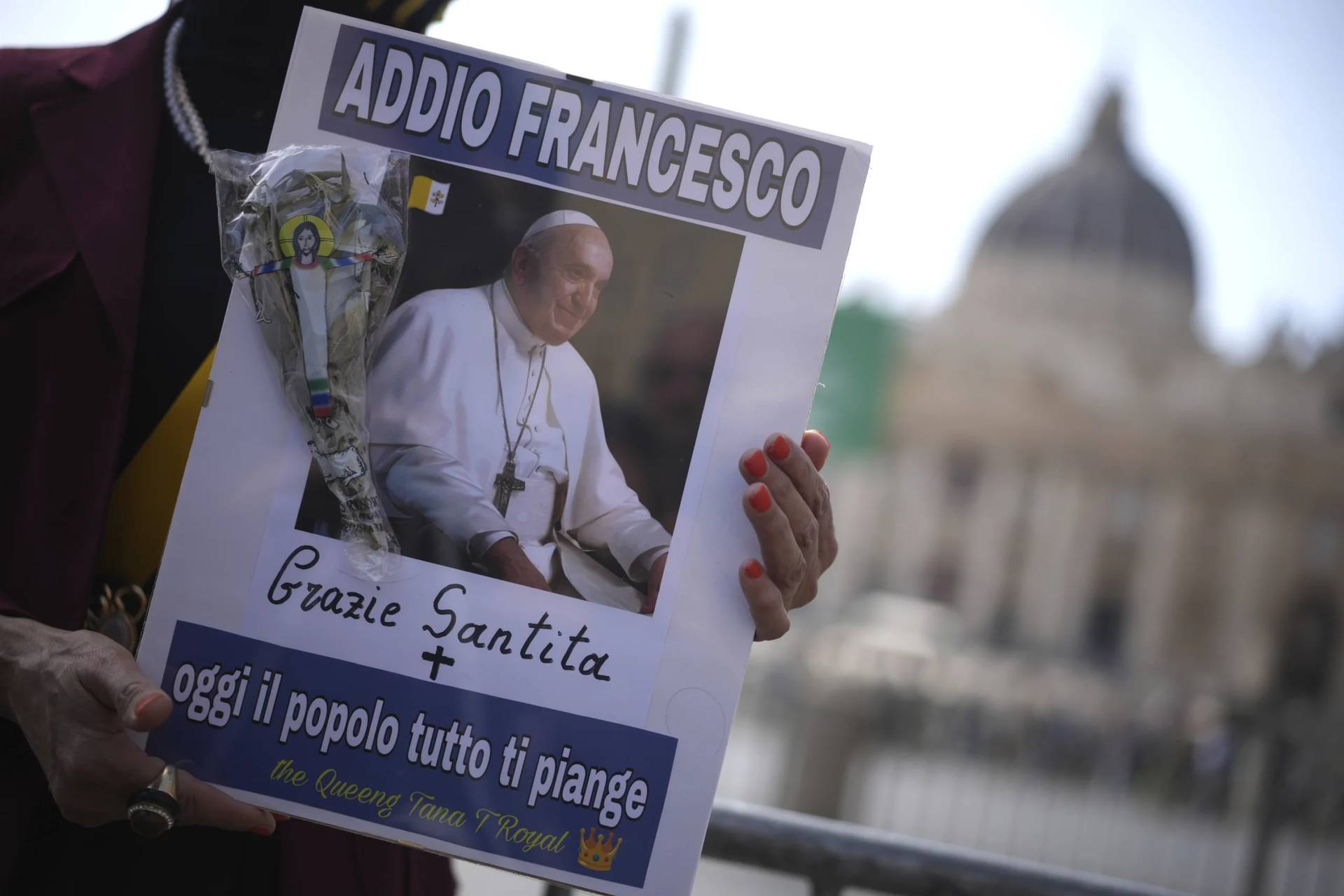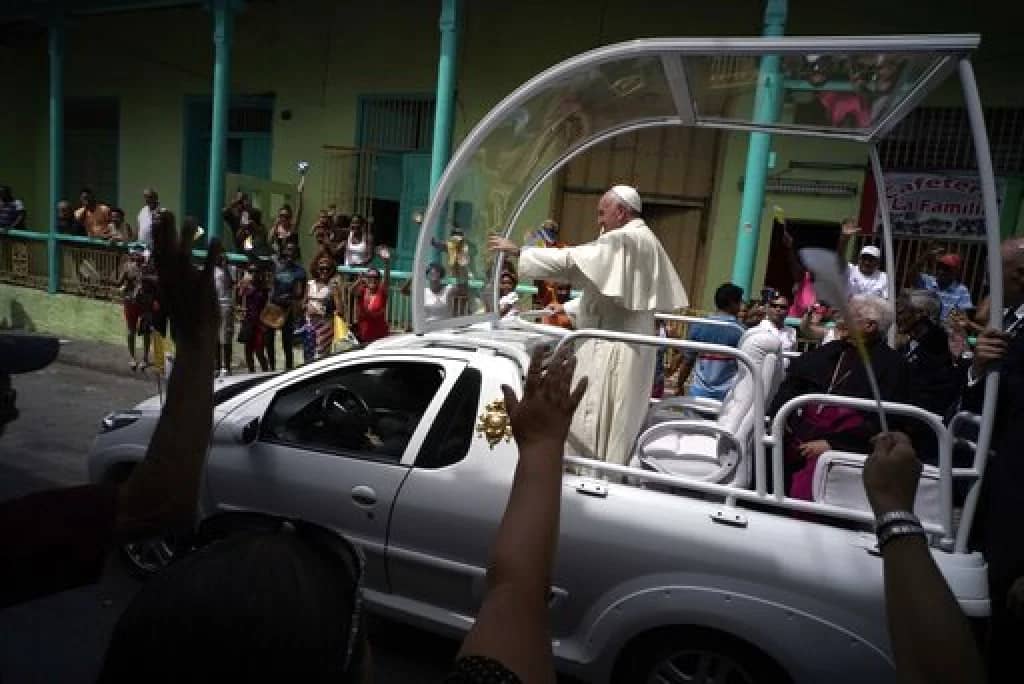Italian Cardinal Carlo Caffarra, an expert in moral theology and bioethics and a major figure on the global Catholic landscape for most of the last half-century, died in Bologna, the city he led as archbishop from 2003 to 2015, on Wednesday at the age of 79.
In many accounts, his passing has been framed largely in terms of the fact that he was one of four cardinals, the so-called “dubia cardinals,” who signed a letter to Pope Francis asking pointed questions about his document Amoris Laetitia, and specifically, its cautious opening to the idea of allowing divorced and civilly remarried Catholics to receive Communion under limited circumstances.
Taken in tandem with the death of German Cardinal Joachim Meisner in July, Caffarra’s passing leaves only German Cardinal Walter Brandmüller and American Cardinal Raymond Burke among the signatories to the dubia.
Given how bitter debates over Amoris have been in some Catholic circles, I suppose I understand why people presented the news that way — though part of me can’t help thinking that it takes a special kind of myopia to reduce a man’s entire life, and death, to his stand on the one issue that happens to be obsessing us most right now.
I got to know Caffarra, though admittedly never all that well, in the late 1990s, when he was the archbishop of Ferrara-Comacchio in Italy. By that stage he’d already founded and been the leader of the John Paul II Institute for Studies on Marriage and Family at Rome’s Lateran University, and already established himself as a key voice, both in the Vatican and among the Italian bishops, on virtually every bioethical issue.
Knowing that reputation, I put him on my personal radar screen. Whenever Caffarra was in town to speak on something, I made a point of showing up, and over time I learned a great deal from him.
To put his legacy into a soundbite, Caffarra was one of the intellectual architects of what St. Pope John Paul II called an epochal struggle against a “culture of death,” especially in the developed West. He was a hero to the Church’s strongest pro-life forces, although his reputation for articulating hardline versions of those positions also made him a lightning rod in other quarters.
I interviewed Caffarra a few times, and I have to confess it wasn’t always a pleasant experience. He could exude impatience with stupid questions and contempt for unprepared reporters, and almost every time I left his presence, I felt like something had gone badly awry with my education.
On the other hand, once you got off the record, he could turn charming on a dime. He had a jocular side, and could flash a wicked sense of humor. (I suppose he didn’t spend all that time in, and around, ecclesiastical bureaucracy without learning to laugh at the occasional absurdity of it all.)
Anyway, in most other respects, Caffarra was a journalist’s dream. He never ducked a hard question, he never dressed up his answers in the sort of mushy feel-good language that many public figures use in an effort to maintain popularity, and he always spoke the truth as he saw it.
For sure, that truth could rile. He took a hard line against condom use as a means to combat the spread of AIDS, arguing that the moral wrong of contraception was greater than the physical harm inflicted by the disease. He also took the position that public officials who support same-sex marriage can no longer consider themselves Catholic, insisting that same-sex unions and marriage flat-out “contradict one another.”
For Italians especially, Caffarra tended to be a polarizing figure, lionized by some and demonized by others. He wasn’t a favorite among more progressive Italian prelates, such as the late Jesuit Cardinal Carlo Maria Martini or his successor in Milan, Cardinal Diogini Tettamanzi, also an expert in bioethics.
Yet regardless of what one thinks about the substance of Caffarra’s positions, there’s a different way of looking at why he mattered.
Over the centuries, part of the genius of Catholicism has been that, given enough time, the Church almost always finds a way to integrate the best of possible extremes. One could go all the way back to what seemed at time an either/or choice between Christ as fully divine or fully human to illustrate the point, and it’s been echoed across history.
Where does that capacity for synthesis come from?
Many factors probably are involved, but one surely is that the Church at any given time never includes just one strong set of views, but several. It’s in the interplay among those perspectives – such as contrasts between liberals and conservatives, between first-world and developing-world ways of seeing things, between the Christian East and West, and so on – that real “catholicity” usually emerges.
To put the point differently, Catholicism wouldn’t be really “catholic” if it included just Caffarra, say, or just Martini. Its vitality depends on making space for both, listening attentively to both, and regarding them both as part of a greater whole.
Looked at that way, no matter where you stand, you can appreciate the values Caffarra strove to defend and the passion with which he did so, seeing them as permanently valuable contributions. Also looked at that way, perhaps partisans on all sides of today’s contested questions can resist the temptation to reduce him (or anyone else) to no more than a cardboard-cutout symbol for, or against, their cause.
Taken all in all, Carlo Caffarra was a remarkable, brilliant, feisty, stubborn, passionate man, not to mention a sincere believer and a loyal churchman, and such personalities don’t come along very often. Requiescat in pace.














